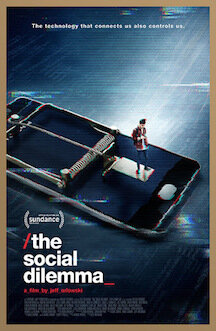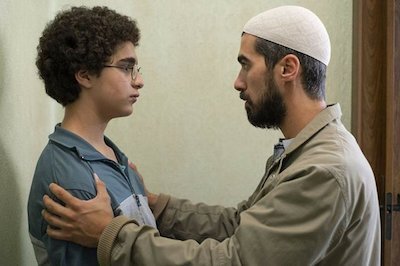Direction: Jason Woliner
Country: USA
In the return of Kazakh journalist Borat Sagdiyev (Sasha Baron Cohen) to America, the latter heavily mocks the dim-witted Republican supporters, parodies on how they deal with the virus, and tries to limit the wonderful discoveries of Tutar (Bulgarian actress Maria Bakalova is a revelation), his 15-year-old daughter. Here, Tutar is shockingly taken into a hotel bedroom by Trump’s attorney, Rudy Giuliani, after a fabricated interview. There’s also a wild and unforgettable debutante ball, and a well-intentioned middle-aged African-American babysitter (Jeanise Jones), who patiently tries to educate the misled Tutar in several aspects of life. She is the only non-fictional character that deserves our respect.
The film, directed by Jason Woliner from a screenplay that Cohen co-wrote with seven others, is often messy in its ludicrousness, but a trip worth taking, considering the delicate situations that Cohen and Bakalova put themselves in. It’s incredible how they pull out some sad truths from an America in tatters. We never know what to expect next, and perverse laughter is inevitable.











































